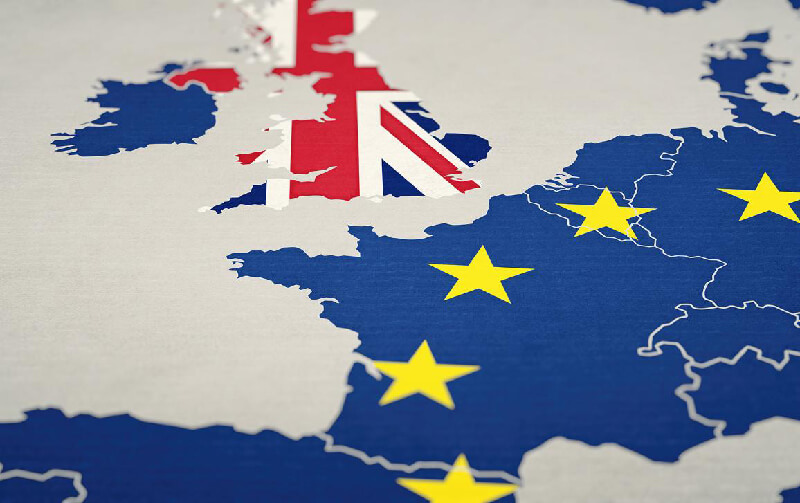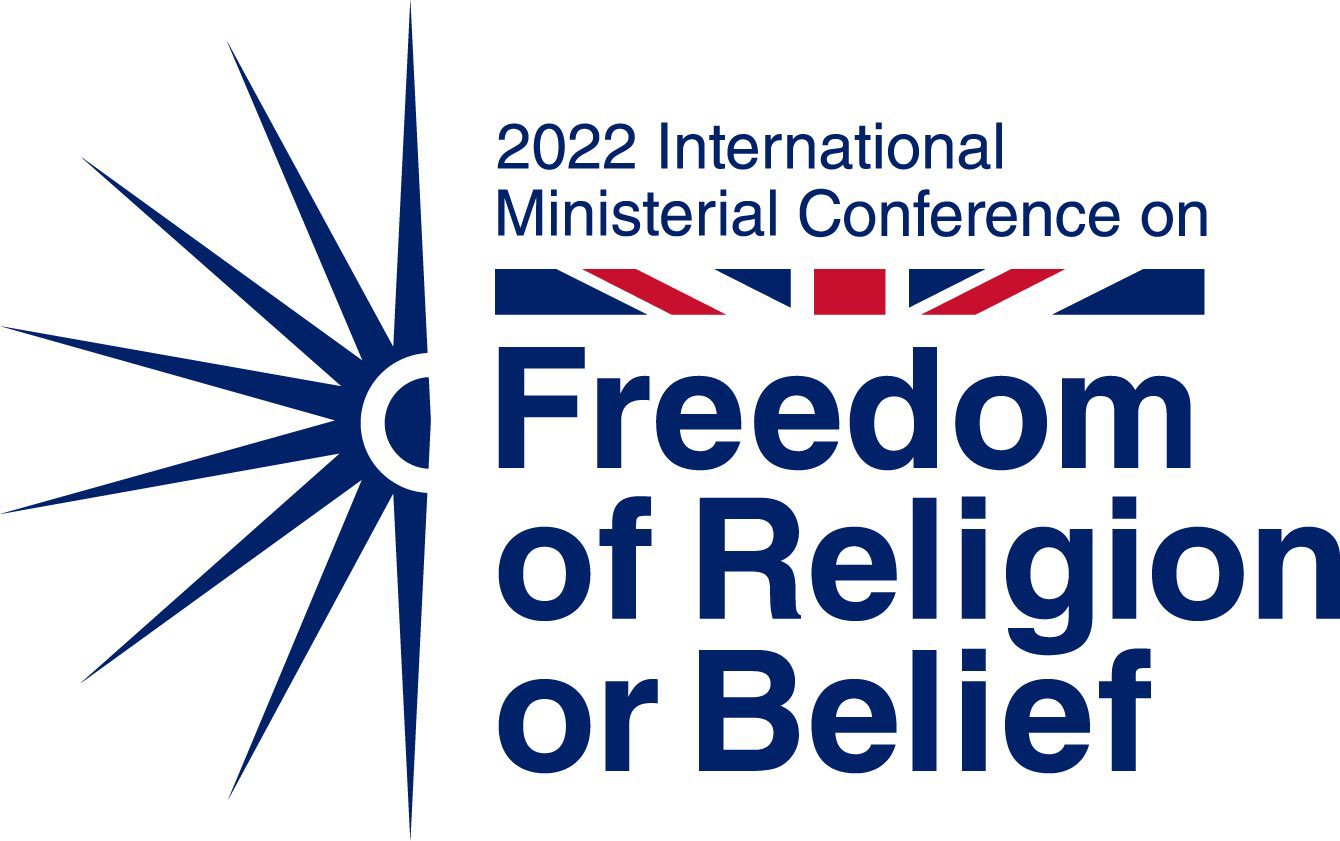London wants to set up a new system allowing goods remaining in the province, and therefore within the U.K., to pass through a "green channel" exempting them from administrative procedures. Those destined for the EU, however, will remain subject to all the controls carried out under European law. As part of the Brexit deal, Northern Ireland remained in the European single market, in order to preserve an open border with EU member Ireland, which was key to the 1998 peace agreement. This provision involves controls in the Irish Sea. The bill also seeks to end the role of the European Court of Justice in monitoring the protocol.
The UK Contact Group co-Chairs David McAllister, Bernd Lange and Nathalie Loiseau issued the following statement on Tuesday after a meeting with Commission Vice-President Maroš Šefčovič.
“We are deeply concerned with the UK’s unilateral action, which constitutes a serious and unacceptable breach of international law. The Northern Ireland Protocol Bill puts into question the credibility of the UK Government to comply with its international obligations under the Withdrawal Agreement and the Trade and Cooperation Agreement, damages mutual trust and creates uncertainty for people, investors and business in Northern Ireland. We call upon the UK government and UK Parliament not to adopt the proposed bill and to return to the discussion table to find practical, flexible and durable solutions within the legal framework of the Protocol.
The EU-UK relationship must be based on full respect of our mutually agreed, legally binding commitments. We recall that the conclusion of the Withdrawal Agreement was a pre-condition for the negotiation of the Trade and Cooperation Agreement.
The Protocol on Ireland and Northern Ireland can only be implemented through genuine dialogue.
We support Commission Vice-President Maroš Šefčovič, co-Chair of the Withdrawal Agreement Joint Committee and of the Trade and Cooperation Agreement Partnership Council, in his approach to secure the implementation of the Protocol by reacting proportionately to the UK Government’s unilateral action, while continuing to engage with the people and businesses in Northern Ireland to find practical solutions. The recent legislation on medicines and the package put forward by the Commission in October 2021 show that the Protocol provides for flexibility. We fully support the European Commission’s call on the UK government to engage on joint solutions.
The European Parliament’s UK Contact Group stresses that:
- in order to have a positive and stable relationship, the EU and the UK must comply with the provisions of the two Agreements the parties have negotiated, signed and ratified: the Withdrawal Agreement and the Trade and Cooperation Agreement;
- a renegotiation of the Withdrawal Agreement, including the Protocol on Ireland/Northern Ireland, is not an option; and
- only joint solutions would create the legal certainty that the people and businesses in Northern Ireland deserve.”
The statement is co-signed by:
David McAllister (EPP, Germany), Chair of the Foreign Affairs Committee and co-Chair of the UK Contact Group;
Bernd Lange (S&D, Germany), Chair of the International Trade Committee and co-Chair of the UK Contact Group;
Nathalie Loiseau (Renew Europe, France), Chair of the Delegation to the EU-UK Parliamentary Partnership Assembly and co-Chair of the UK Contact Group.
Background
The UK Contact Group was established by a decision of the European Parliament’s Conference of Presidents as the main point of contact with Commission Vice-President Maroš Šefčovič on issues related to the implementation of the Withdrawal Agreement and the Trade and Cooperation Agreement.














